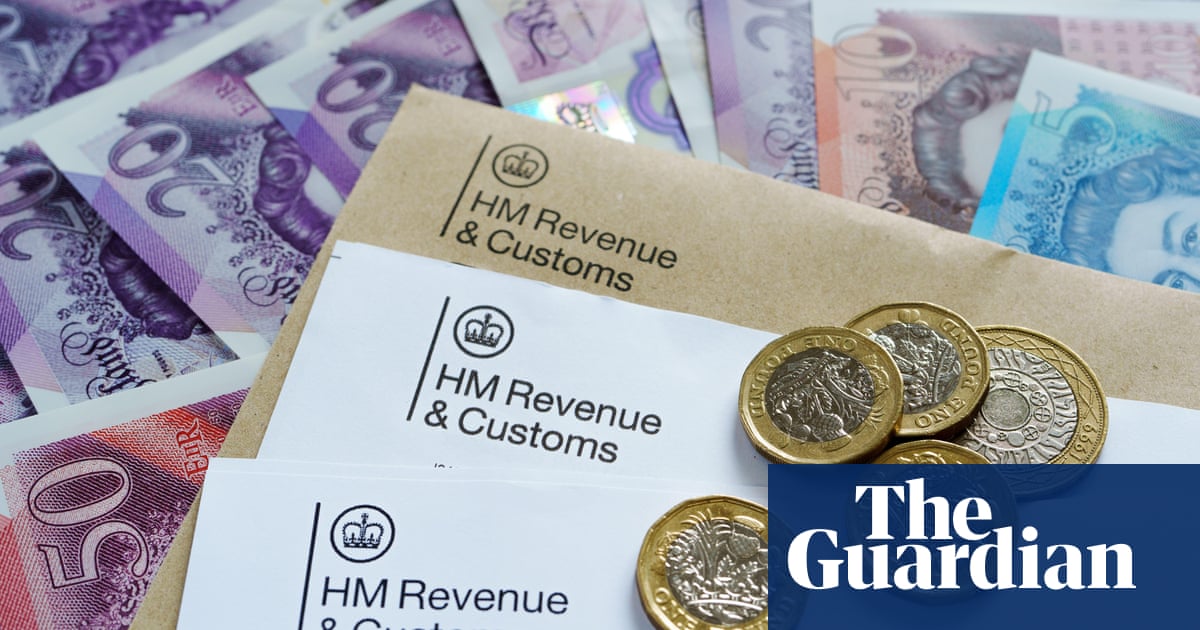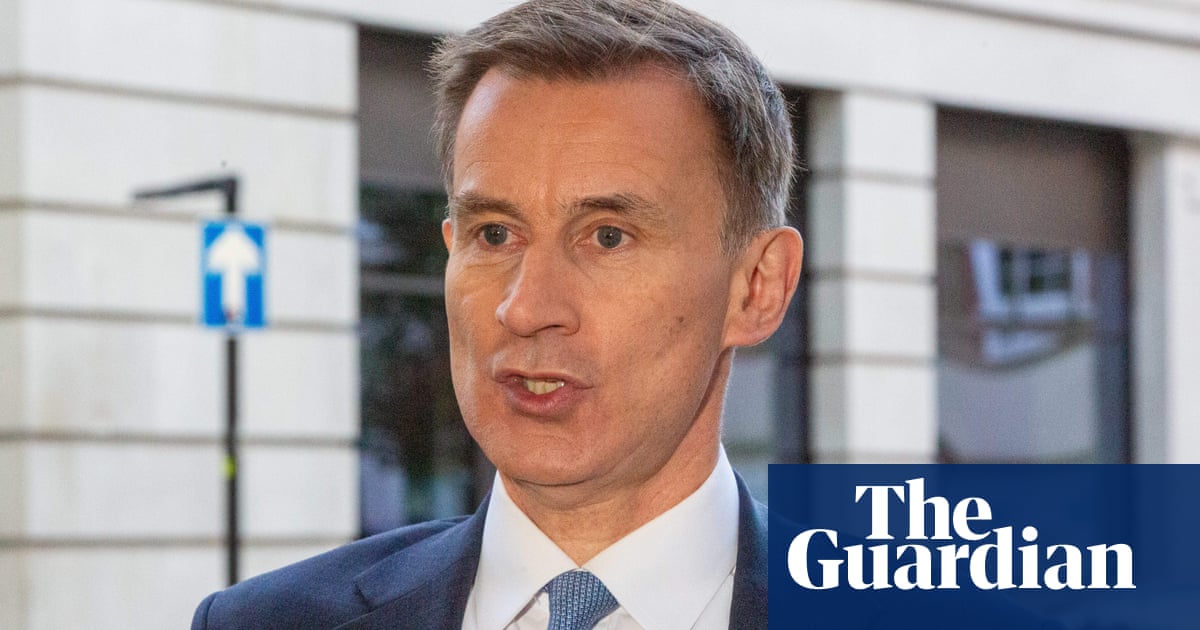
Jeremy Hunt has said he does not know if he can afford to cut taxes for British households, on the day a national insurance reduction came into force.
The main rate of national insurance contributions (NICs) paid by employees is now 10%, down from 12% as announced by the chancellor in his autumn statement in November.
About 27 million UK employees were expected to benefit, the government said, despite warnings that millions of people would still end up being worse off in 2024.
Speaking on BBC Radio 4’s Today programme, Hunt said it had been right to help families during the Covid pandemic and cost of living crisis, which was why, along with the US, Germany and Japan, taxes in the UK went up. He added that the country wouldn’t be able to get back to pre-pandemic levels of tax “in one fell swoop” but said the government had made a start.
Hunt said: “Nearly £1,000 off the tax bill for a typical two-earner family is a significant change and will bring significant relief to many families. What I would say in an election year is there is a very big choice because Keir Starmer made it very clear this week that it is Labour’s confident ambition that they will be able to spend £28bn a year more.
“You can’t continue to reduce the tax burden and get it back to those pre-pandemic levels if your priority is to spend £28bn a year.”
The chancellor said that, under the Conservatives since 2010, 3 million fewer people were paying NICs and that he believed in a “lighter” taxation regime.
The class 1 contributions are made on earnings received by anyone between the age of 16 and state pension age who is getting more than £242 a week from one job. Employees will now pay 10% on earnings between £242 and £967 a week. They pay 2% on all earnings above £967 a week, which equates to an income of £50,284 a year.
The Treasury has said the two percentage point reduction was “the largest ever cut to national insurance”.
However, the Resolution Foundation said the net effect would result in all employees earning below £26,000 a year being worse off or unaffected, while those on more than that would gain. “If you earn £50,000, you’re in the sweet spot and will benefit most,” it said.
Hunt said: “Chancellors have very little control over what’s going to happen to the GDP figures in one month compared to the previous month.”
“I think there is no doubt at all – like America, Germany, France, all the other economies – we’ve been through a very difficult patch … and we can now look forward to things getting better.”
Hunt also said he “profoundly” disagreed with the former net tsar, Chris Skidmore, who announced on Friday he was quitting the Conservatives over the government’s decision to increase domestic oil and gas drilling.
Hunt said: “The independent panel for climate change that we have in this country are very clear that even when we reach net zero in 2050, we will still get a significant proportion of our energy from fossil fuels.
“And domestic oil and gas is four times cleaner than imported oil and gas.”
Skidmore, who carried out a net zero review for the government in 2022, announced on Friday he would stand down, citing Rishi Sunak’s environmental stance as wrong and triggering another byelection.
His decision comes before a vote in the Commons on Monday on the offshore petroleum licensing bill.
If passed by parliament, the legislation will mandate that licences for oil and gas projects in the North Sea are awarded annually.












